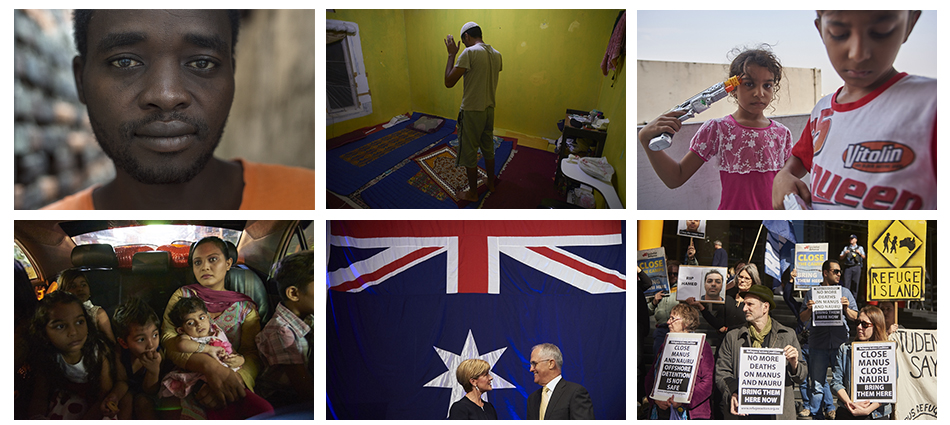Aaron Bunch Journalist with Australian Associated Press | Collection of published work | + 61 484 008 119 | abunch@aap.com.au

Call to dump enforced drug treatment in youth detention
A scheme with the power to force incarcerated youth into drug treatment has been found to “offend” human rights conventions and lack a framework for safety.
November 1, 2023
A South Australian scheme with powers to force drug-addicted children to undertake treatment while in detention is “unconscionable” and should be scrapped, a report has found.
Youth Treatment Orders provide for court-ordered assessment and treatment for young people in detention at Adelaide’s Kurlana Tapa Youth Justice Centre, who have refused to engage in voluntary treatment.
The Youth Treatment Order Visitor annual report found the orders “offend” international human rights conventions and show the “futile nature of SA’s welfare system when it comes to the most extremely vulnerable children”.
“It remains unconscionable that the scheme is being trialled on incarcerated children and young people,” wrote Shona Reid, the Guardian for Children and Young People, in the report tabled in SA parliament.
“I can’t help but be bewildered by the capacity of our state’s services system to disregard and be indifferent to human rights for the most vulnerable in our society.”
Ms Reid described her assessment as “scathing” saying the scheme lacked “frameworks, procedures and practice guidance to appropriately and safely implement the (Youth Treatment Order) process”.
One of the problems identified was that the system focused on a young person as an alleged or proven offender rather than as a victim.
“This can expose young people who need help to traumatic, isolating and harmful experiences in a non-therapeutic custodial environment,” Ms Reid said.
“These systems fail traumatised and frightened young people.”
Ms Reid said the youth justice centre does not support vulnerable young people as they battle their drug dependence.
“The youth justice centre is not mandated, equipped, or delegated with a capacity to function to a minimal acceptable standard as a withdrawal, detoxification or treatment facility for children and adolescents,” she wrote.
Instead, the correctional care model exposes young people to practices such as the use of isolation cells and handcuffs, Ms Reid said.
Ms Reid previously identified concerns about the physical, emotional and psychological safety of young people detained at the centre.
These include extended periods in isolation, insufficient access to education and rehabilitation, and compromised medical care and inadequate mental health support.
“My sincere hope is that the Youth Treatment Orders Scheme will be repealed and that we get back to wrapping quality child-centred services around the most vulnerable people in our society,” she said.
“It is unconscionable to allow this scheme to continue.”
Premier Peter Malinauskas said his government was open-minded about the report and would work to ensure the best practices were implemented.
“Mandatory drug treatment is a very complex undertaking and as attractive as the idea might sound in a basic sense, it is actually quite difficult to administer with much effect,” he said.
“There haven’t been a huge number of examples globally where in practice it has worked outside of very specific and isolated circumstances,” he told reporters on Wednesday.
Greens MP Robert Simms expressed concern over the findings and urged the SA government to take action.
“They really need to move on this report and action the issues that have been raised,” he said.